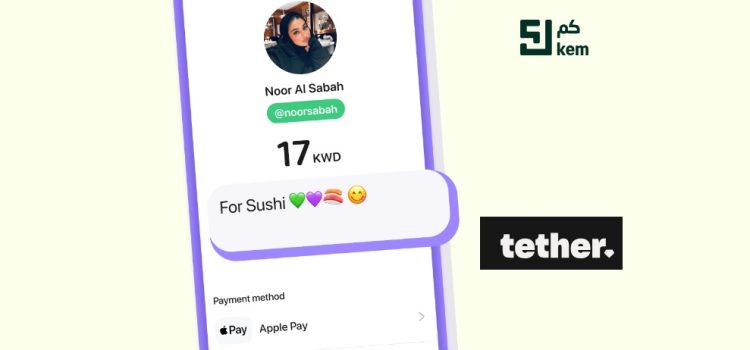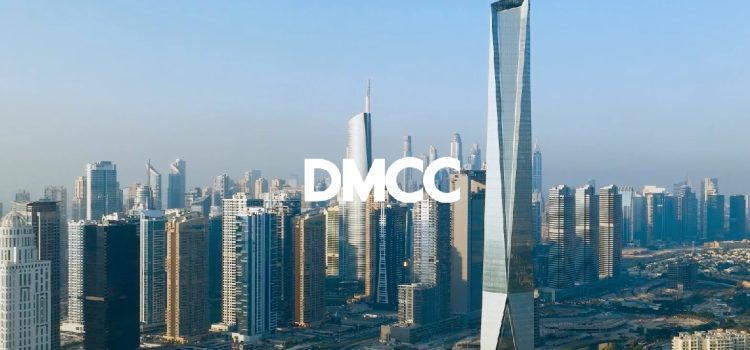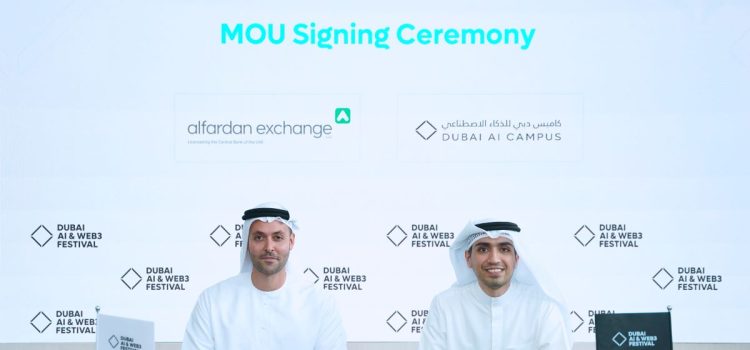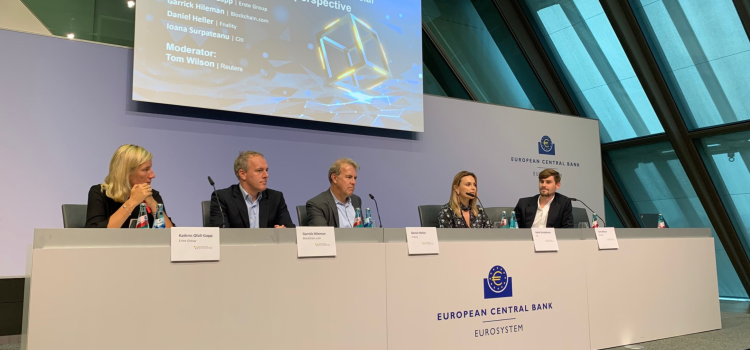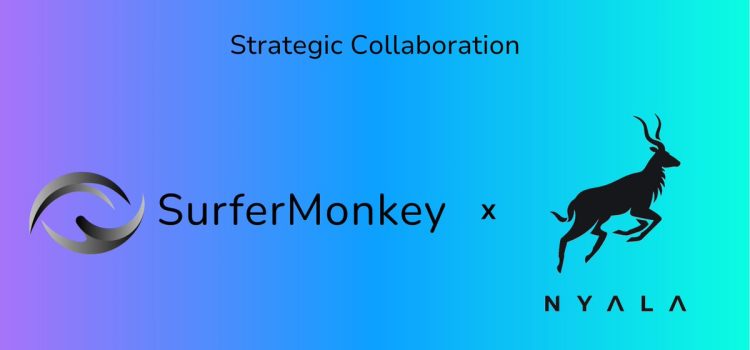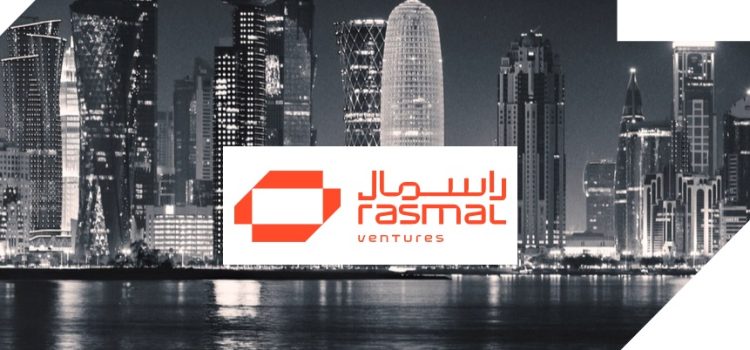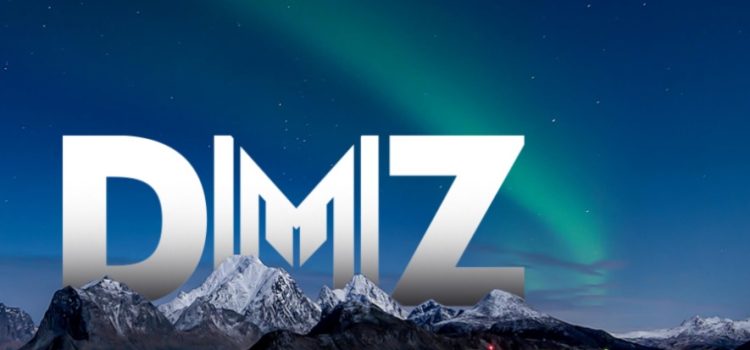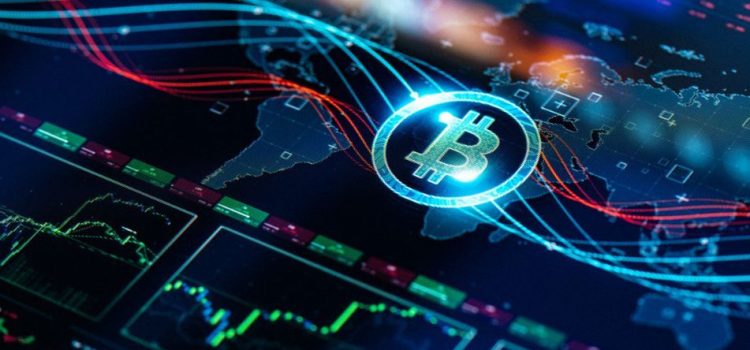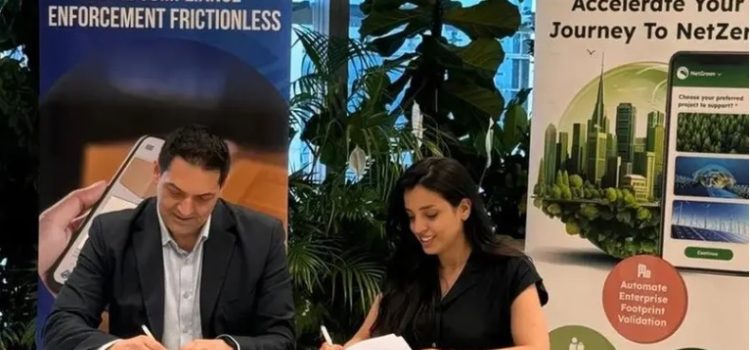
Tether Operations Limited, a company in the digital assets domain, and creator of USDT stablecoin has announced a $3 million strategic investment in Kuwait based Kem app, a platform designed for money transfers and financial management.
As per the press release, the investment and collaboration will allow Kem App to introduce USDT on its platform to drive widespread adoption in the MENA region to revolutionize traditional payment systems.
The Middle East and North Africa (MENA) has the sixth largest crypto economy of any region, with an estimated $389.8 billion in on-chain value received between July 2022 and June 2023. This represents nearly 7.2% of global transaction volume during this period.
The announcement notes that with the launch of USDT on Kem app, millions of expats in countries such as Kuwait, Bahrain, Saudi Arabia, Qatar and Iraq will benefit from using USDT and accessible financial services.
The Kem app, enbles seamless cross-border transactions. Tether’s investment underscores its commitment to expanding accessibility and fostering global financial inclusion. This initiative also signifies a strategic expansion into the Middle East market, with Kem serving as a regional asset.
Paolo Ardoino, CEO of Tether, said, “This investment reinforces Tether’s commitment to promoting financial inclusion and stability. We believe that everyone should have the means to protect their families and businesses against inflation while enjoying unrestricted access to financial services. Our investment in Kem App is a testament to this belief, as the platform provides tools that simplify access to the financial system, perfectly aligning with our mission to advance financial freedom for all.”
Stablecoin Growth in MENA
In June 2024, the UAE Central Bank approved the issuance of a regulation for licensing and overseeing stablecoins and a series of policies aimed at supporting the banking, insurance, and financial services sectors. UAE Stablecoin Payment Token services regulation came out laying down the rules and conditions by the Central Bank of UAE for licenses pertaining to payment tokens, not allowing algorithmic tokens to be included and only allowing foreign stablecoins to be used to purchase virtual assets.
The UAE Central Bank made a clear distinction between the Dirham Payment token which can be issued by licensed payment token issuers used for any lawful purpose, and the foreign payment token issued by a Registered Foreign Payment Token Issuer which can only be used as a means of payment for purchasing virtual assets or derivatives of virtual assets.
As reported by CoinMarketCap, the total market capitalization of stablecoins reached $174 billion as of August 2024 – with USDT (Tether), USDC (Circle), and DAI, together accounting for circa 93 percent of the market.
Tether is not the only stablecoin issuer that is trying to enhance its presence in the MENA region. In December 2023, Circle Internet Financial (Circle), and UAE based Fuze, MENA’s digital assets infrastructure provider, to expand adoption of USDC stablecoin in MENA region, after signing MOU (Memorandum of Understanding).
Circle, the issuer of the US-dollar backed stablecoin USDC, will work with Fuze to expand the adoption of USDC amongst new customers in the region, such as banks, fintechs, traditional enterprises and Web3 firms. The scope of the agreement covers the Middle East, Africa and Turkey, paving the way for the expanded use of USDC in these regions and the piloting of new use cases relevant to these markets.
Tether’s investment and collaboration is also setting the stage for Kem to enhance its offerings and better serve millions of underserved businesses throughout the Middle East. By incorporating cryptocurrencies into its platform, Kem aims to replicate the success of financial platforms offering cryptocurrencies in other markets, driving mass adoption and fostering a more inclusive banking landscape in the Gulf region.








